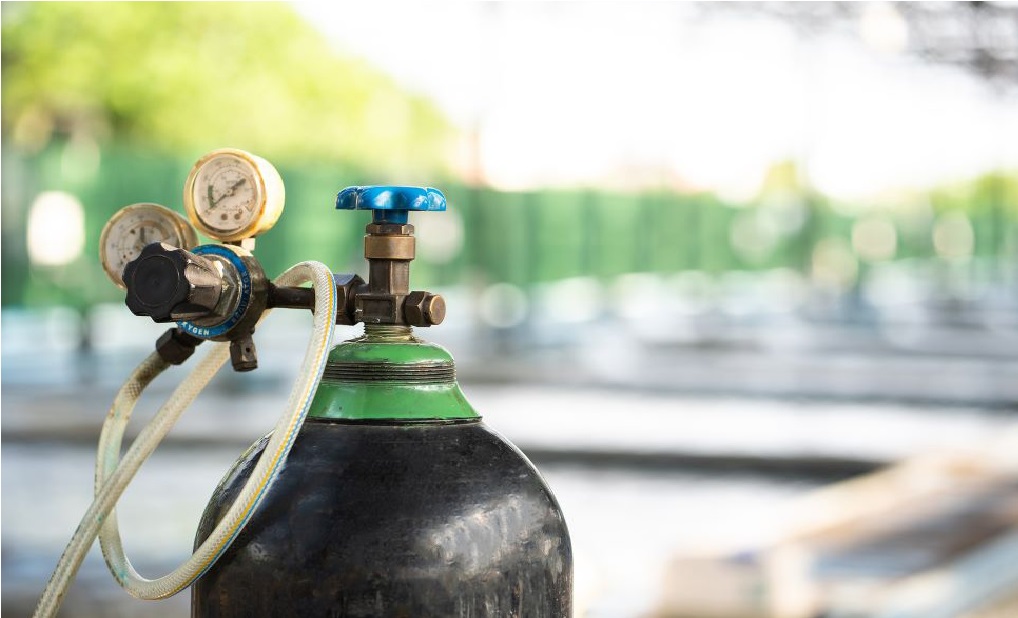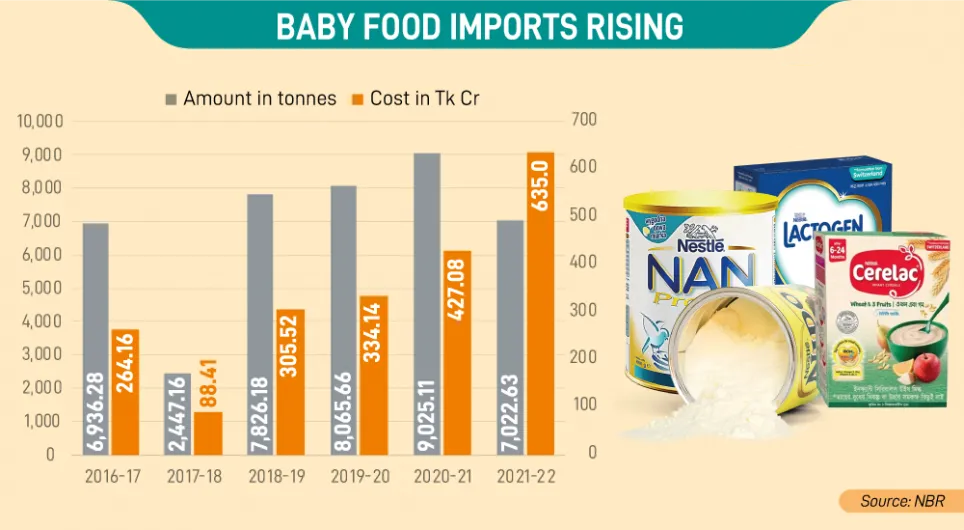With the Covid-19 deadly disease on its way to claiming 1,000 lives in the country, people involved in marketing and selling oxygen have seen their businesses boom by manipulating the market. The surge in demand has been an advantage for them.
Covid-19 – a deadly disease caused by a new strain of the novel coronavirus – came as a big blessing for oxygen traders (both retail and wholesale), as prices increased by two to five times since demand is there domestically, with the supply of oxygen in hospitals for Covid-19 patients not being adequate.
News headlines from across the country show that many Covid-19 patients have died due to a lack of oxygen supply.
Most hospitals are struggling to provide proper treatment to Covid-19 patients with oxygen supply being insufficient. As a result family members of the infected are ordering oxygen services at home, which is risky, according to experts.
Doctors have claimed that the increase in the death toll of Covid-19 patients has been due to a lack of oxygen support.
Hospitals are failing to support patients. An uninterrupted oxygen supply could have saved lives.
Earlier this week, Shammi Akter, a customer, went to the Bangladesh Medical Association (BMA) building to buy an oxygen cylinder for her Covid-19 infected mother.
“The doctor has advised me to take her to the hospital for oxygen support. But I am afraid of shifting her to the hospital as most hospitals do not have nonstop oxygen service. This is why I am here to buy an oxygen cylinder,” she said.
The government has also found that 39 major public hospitals, including the dedicated coronavirus treatment facilities, still do not have an uninterrupted supply of oxygen or central oxygen system.
Oxygen traders are stockpiling cylinders and selling them at high prices. They are also providing rental services widely.
On Sunday, several online shops claimed they were out of stock and the cylinders would be available again after Tuesday, but many of them asked for triple the actual price.
Customers are helpless and are forced to buy the product at the high prices.
Executive magistrates in Chittagong have meanwhile fined three shops selling cylinders at triple the actual price, earning Tk15,000 profit from each cylinder.
2020/06/honor-the-hero-paper-ads-04-1591699750066.png
Risky to keep cylinders as home
The health authorities have warned that keeping oxygen cylinders at home may turn out to be dangerous.
Dr Nasima Sultana, additional director general of the Directorate General of Health Services (DGHS), said many were buying and stocking oxygen cylinders in advance for no reason.
She urged them to desist from this practice.
Dr Hasan Shahriar Kallol of the surgery department at Mugda General Hospital said that initially oxygen was applied in a limited amount to a patient, if the oxygen saturation level falls below 93%.
Dr Lelin Chowdhury, a public health expert, said: “If the measurement of oxygen flow cannot be maintained in the right way then the lungs and retina of the eyes can be damaged.
Oxygen cylinders being sold in random places
Essential medical oxygen cylinders which need to be in health equipment shops were found being sold in grocery shops, salons and in floating shops on the streets.
Fabian Hair Dresser at Tejgaon was found selling oxygen cylinders on the footpath. The seller of this shop, who does not even know how to use this cylinder, said he was selling it because of the high demand for it.
Abu Taher, proprietor of Taher enterprise in the same area, was also seen selling oxygen cylinders along with gas cylinders.
Muhibul Islam, an online trader, said demand for oxygen cylinders had increased more than 100 times and so now they were selling more than 20 cylinders a day, which was five or six a month before the Covid-19 outbreak.
However, Dr Ayesha Akter, Assistant Director (control) at DGHS, said it was illegal to sell oxygen cylinders in grocery shops.
The Deputy Director of Directorate of National Consumer Rights Protection (DNCRP) Masum Arefin said: “DNCRP cannot take action since there is no fixed price rate for this product. Therefore, traders are taking advantage of the situation and selling the product at high prices.















